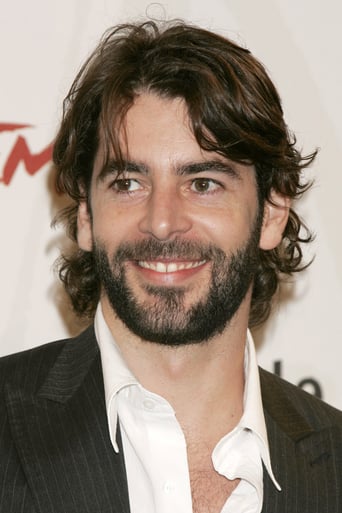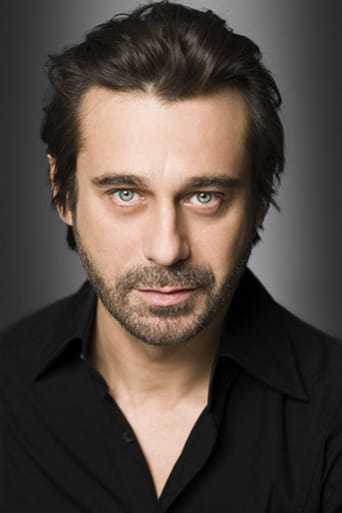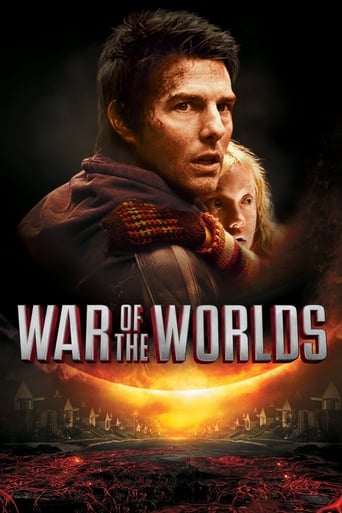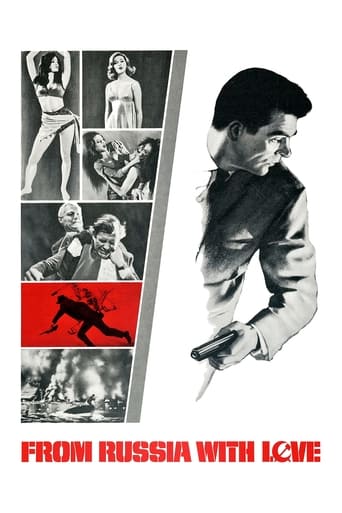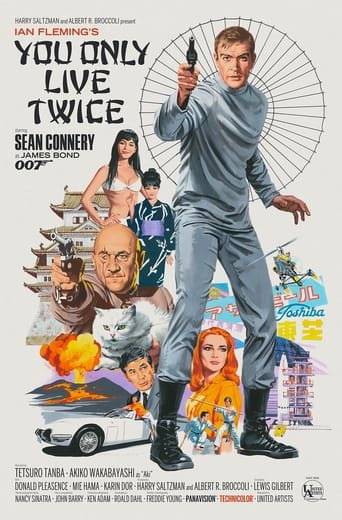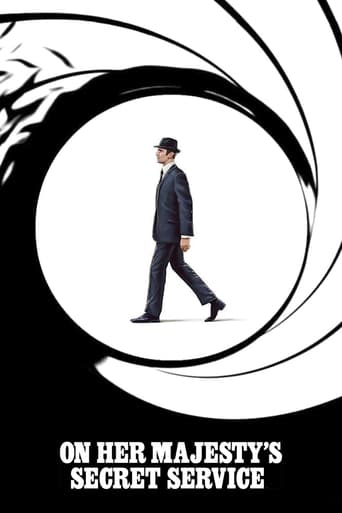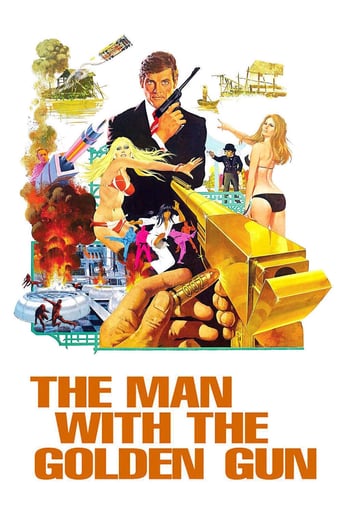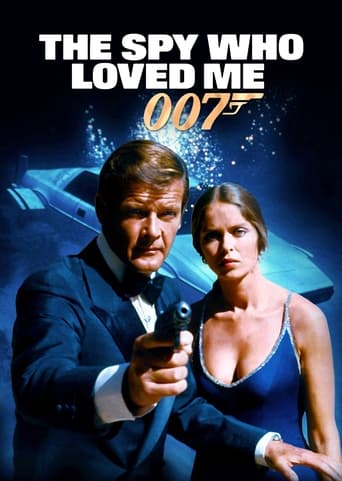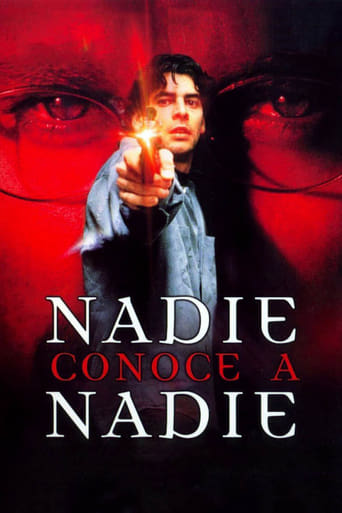
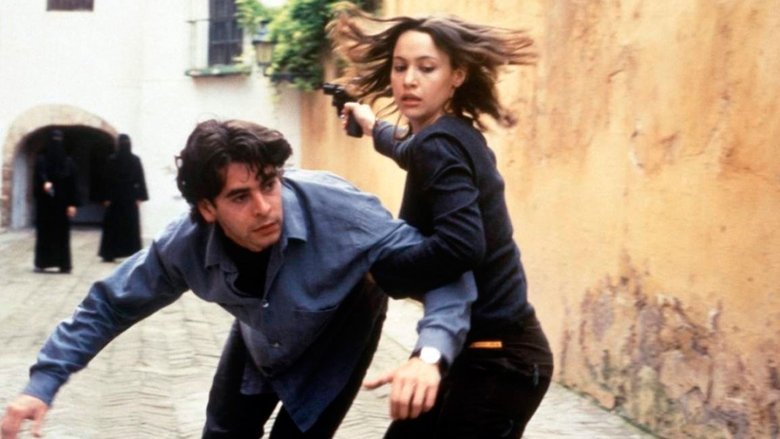
Nadie conoce a nadie (1999)
Simón is an aspiring novelist who makes a living designing crossword puzzles for a newspaper. One day he receives a threatening message instructing him to include the word "adversary" in a puzzle as Seville gets hit by a series of violent attacks.
Watch Trailer
Cast
Similar titles
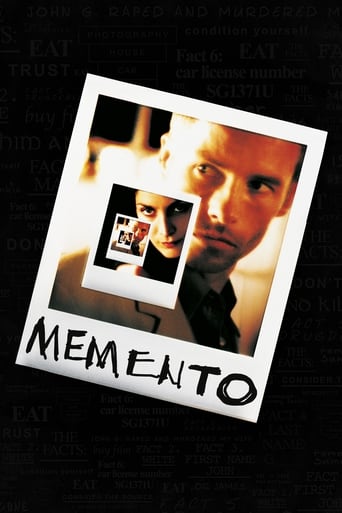
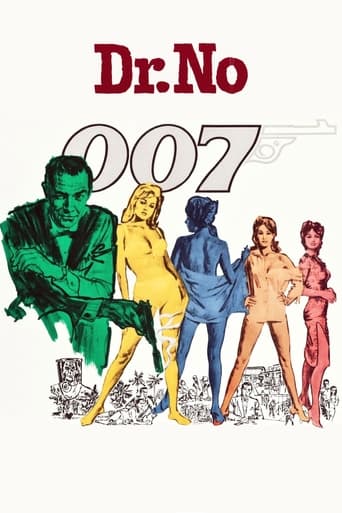
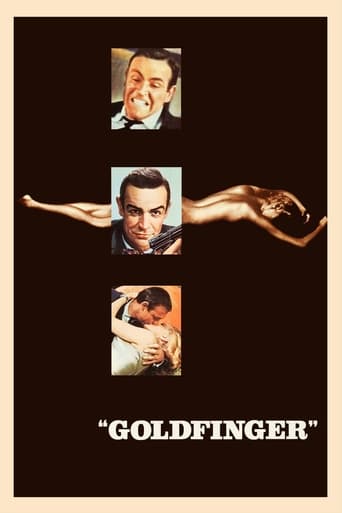
Reviews
Good start, but then it gets ruined
Great movie! If you want to be entertained and have a few good laughs, see this movie. The music is also very good,
At first rather annoying in its heavy emphasis on reenactments, this movie ultimately proves fascinating, simply because the complicated, highly dramatic tale it tells still almost defies belief.
The acting in this movie is really good.
Definitivatly, the sicology indeer, the critizace of the Catholicism, the bored, and the great perform of Eduardo Noriega (as usual), make this film and exciting game when the pieces are the human beings, with rules and power, money, and the infancy´s desorders. See this picture, you will enjoy, and Noriega is better than almost every pretty face in Hollywood.
In Europa ,Spain seems to be the one country to have understood the American lessons for the thriller.France failed dismally because its directors tried too hard to sound American .Spain integrates Yankee savoir faire into a personal approach.Take "nadie conoce a nadie":it's Spanish to the core,with its Sevillian pageantry,its Holy week and its processions.This is a wonderful backdrop for a psychological eerie thriller.Eduardo Noriega -who starred in the two Amenabar peaks "abre los oyos" and "tesis" -is definitely the best Spanish actor of his generation.Owing a lot to Fincher's "the game" ,"nadie conoce a nadie" shows some originality,particularly in its first part,when religion seems to be the center of the plot:Bunuelesque accents often emerge -but is there one Spanish director not influenced by the great creator?.The second part dissatisfies a bit ,because some plot twists are irrelevant (the girl's part is not convincing ),but the final is impressive .A splendid cinematography,enhancing Sevilla ,and a tight directing,keeping sex and violence to the minimum, give the movie substance.
'Nobody knows anybody' is a conspiracy theory thriller about a Satanist/nut bomber targeting the religious festivities of Seville during Holy Week. He also happens to be the best friend of the film's hero. The plot is set up by the bomber as a computer game, with himself and the hero as players, and Seville as the virtual environment. The very real alleys and streets of the city begin to take on the labyrinthine qualities of those old Pacman-type games. Looked at this way, the scene where the hero and his female sidekick are chased by black-hooded penitents with rayguns may not seem as silly as it plays. From the start, we are aware that the narrative is being constructed as a game - the hero's job is to create crossword puzzles for a popular newspaper; at one point, the crossword grid on his screen becomes the chessboard on which he is later playing against his girlfriend's father. Clues are liberally scattered, as the camera mystifyingly closes in on images that are only later shown to have been significant (e.g. the advert in the bar). The detective/paper chase elements are made part of a game in progress, rather than an investigation after the fact. The film borrows heavily on 'Se7en''s pattern narrative, and anyone with a Catholic education will presumably get the significance of certain events happening on certain days in the run up to EAster.In this reading, the game is on the level of narrative, with the hero fighting against an enemy (in this case, the computer) to win and save the day. But there is a second game, the film itself, which subvert the first. There are another set of of clues which point not to the killer's intentions, but the filmmaker's and his hero's. In the first ten minutes there are references to chess, a writer called Navokov and a cult leader called Sarin. If we remember that the chess-loving Nabokov's 1930s pseudonym was Sirin, we see another game afoot, one where we suspect not the villain, but the hero himself. In a Nabokov novel like 'Pale Fire', an author-figure creates a text which is designed to hide his own motives, provoking a game between writer and reader to uncover the real text. Throughout the film are scenes which are visually distorted (e.g. the image contracting), or which are ambiguously defined dreams and hallucinations that make us suspect the hero's point of view. The opening references to games are all linked to him. In the early sequences, much is made of the character's sexual and creative impotence, so the film could be his attempt to master his life, to be a winner, in a way he can't for real. No sooner has he won the game than his writer's block vanishes; the words he types are the title of the film, suggesting he is the overall author. Further, that title in Spanish reflects on itself negatively, a very Nabokovian involution that suggests a hero, like Kinbote, trapped in his own solecism.This jumble of post-modern literature (Borges, Eco, Pynchon et al are alluded to also), Fincher, 'X-Files', 'Run Lola Run', Chris Marker (the idea of the city and its history as a map and a text; and as a cultural history haunting the present), Bunuellian anti-clericism, and Alex de la Iglesia's 'shock' films result in a film that is just that, a jumble, each clever-clever allusive element cancelling out the last, dissipating interest. The lack of clarity about the game's rules renders it incomprehensible, and eventually wearing. Ironically, in a work of such overdetermined artifice, the film's main interest lies in its documentary quality, as a record of a narrative taking place in a real city with its own events taking place independently. Such an ambiguous blurring of fact and fiction can create a masterpiece like 'Sans Soleil' or 'London', but, ultimately, you need to have a light touch to match your cleverness.
From the opening of the movie, a corpse with wood cross, to the end of the movie, Mateo Gil, the scripwriter of Tesis and Abre los ojos, both from Alejandro Amenabar, show us his young, yet great ability. There are many interesting points in the movie. We can think that we know somebody. But... do we really know it? How can you know if your best friend is just a normal person... or he is a brutal psycho that has spent one year on planning how to kill you. Another thing that made me think about, is: why do we do things in life?. The main character is living a boring life, seeing his life from above, waiting for something undefined to happen. How many of us do that in life? Living a slow, motionless life, waiting for the train of the great opportunity to appear. Would we accept the chance to live in one day with more intensity than the rest of your would - be life. I also liked the critic that it makes to the old custom of Semana Santa. There is a confrontation between the JASP generation and the 1000´s year traditions, a fight, in which the traditions have nothing to do against the use of modern day technologies and weapons. There are one minor flaw, that it relies in the female audience, showing a nice guy with women falling around him. In the middle of the movie, you can find many flaws (Why this has to happen this way and not this other, why did he have to do that?) that quickly fall with one of the most interesting switches I have ever seen in a movie To sum up, a really interesting thriller that has many question to think over.
